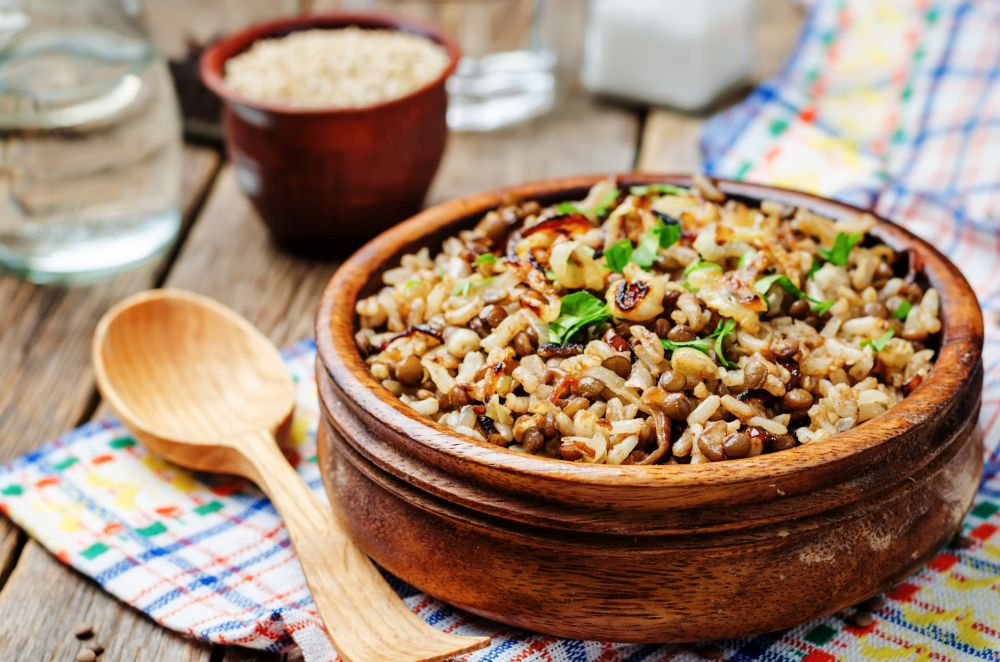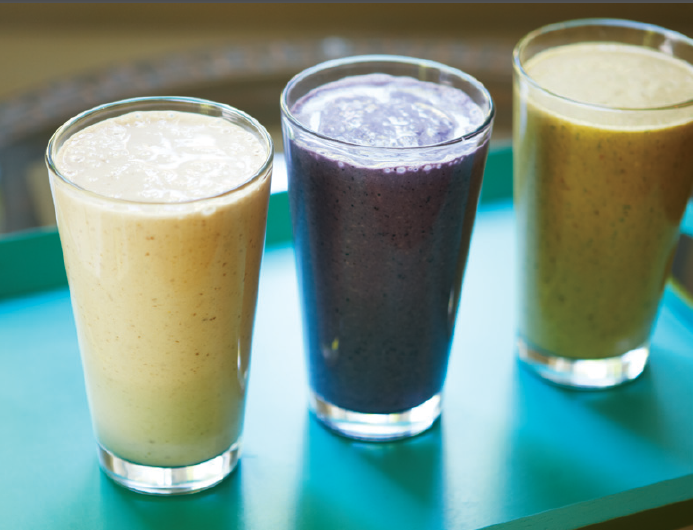Supporting an active lifestyle with plant-based nutrition is an increasingly hot topic, as more elite and regular runners have started to make a shift. Whatever your reasons for adding more plant-based meals into your diet, getting adequate protein to fuel your running is key to staying healthy, building strength and recovering well. We have some tips from the experts on how to keep your protein levels up if you are cutting down on meat.
If you’re curious about plant-based eating, registered dieticians Matt Ruscigno and Enette Larson-Meyer, coauthors of Plant-Based Sports Nutrition, suggest making a gradual transition, giving yourself time to find new ways to meet your nutrient needs without meat.
Proteins are formed on building blocks called amino acids, and they are essential in keeping your immune system functioning, bones and tendons strong, healthy skin, hair and nails, and more. Exercise demands support from protein, and some research suggests athletes may require at least twice the recommended daily amount.
Learn about protein-rich plant-based foods (and eat them)
Good sources of plant-based protein include beans and lentils, tofu and other soy products, nuts and seeds and whole grains like quinoa and oats. Start adding more of these foods to your meals to boost your protein intake. Make sure that each meal and snack you eat that is plant-based contains some form of protein.
Don’t be afraid of protein supplements
While you want to avoid extra sugar and unnecessary additives, plant-based protein powders and other supplements can be a convenient and easy way to increase your protein intake. Look for products that are made from high-quality sources of plant-based protein, such as pea or rice protein. Adding protein powder to yogurt, a smoothie, or even into your baking can be a simple way to make sure you’re optimizing protein intake.
Mix and match protein sources
Try combining different plant-based protein sources in your meals to get a complete range of essential amino acids. Pair legumes with whole grains or nuts with seeds to create a more balanced protein profile. By doing this you’ll ensure that you are getting all the nutrients you need to support both your training and recovery.








